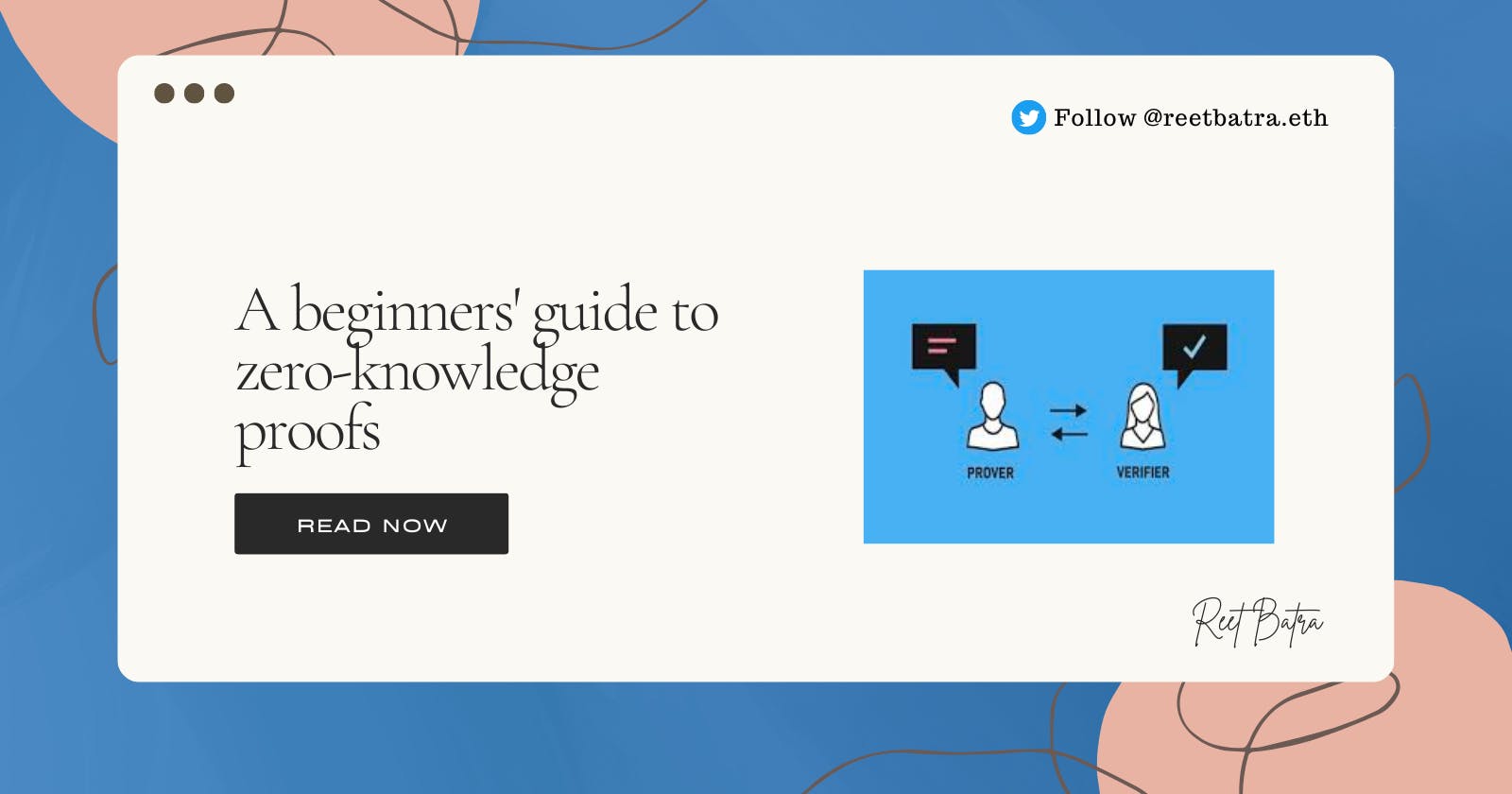A beginners' guide to zero-knowledge proofs.
Unlocking the Power and Potential of Zero-Knowledge Proofs
Zero-knowledge proofs (ZKP) are a fascinating and increasingly important concept in the fields of cryptography and computer science. At their core, ZKPs allow one party to prove to another party that they know a secret without revealing any information about the secret itself. It sounds like magic or science fiction, but it's real technology with major potential applications.
The idea of zero-knowledge proofs was first proposed in 1985 by Shafi Goldwasser, Silvio Micali, and Charles Rackoff in a seminal paper. In their paper, the authors show that zero-knowledge proofs can be used to prove the correctness of computations without revealing any information about the inputs or the computation itself.
This breakthrough opens up new possibilities for secure communication and IT privacy protection.
Since then, researchers and developers have worked to advance the technology and explore new applications for zero-knowledge proofs. Today, ZKPs are used in a wide range of applications, from blockchain transactions and electronic voting to secure communications and privacy-preserving smart contracts.
So how do zero-knowledge proofs work in practice?
At a high level, zero-knowledge proofs involve a prover (someone who knows the secret) and a verifier (someone who wants to verify the claim).
The prover uses a zero-knowledge proof to convince the verifier that it knows the secret without revealing any information about it.
Here is a simple example to illustrate the concept:
Imagine that Alice wants to prove to Bob that she knows the password for a particular account without actually revealing the password to Bob. Here's how they use a zero-knowledge proof:
Alice and Bob agree on a set of equations that the cipher must satisfy.
Alice generates a random value and uses it to convert the password to a new value, which she then shares with Bob.
Bob randomly chooses an equation from the agreed set and asks Alice to prove that the transformed cipher satisfies the equation.
Alice uses the random value she generated earlier to construct an answer proving that the transformed cipher satisfies the chosen equation without revealing any information about the original cipher itself.
Bob can now be sure that Alice knows the password without actually knowing the password itself.
Of course, this is a very simple example, and the concept of zero-knowledge proofs can be applied to more complex scenarios. In fact, zero-knowledge proofs can be used in any situation where a party needs to prove they know something without disclosing any information.
One of the most interesting applications of zero-knowledge proofs is blockchain technology.
In blockchain transactions, it is important to prove that you own a particular asset (like a cryptocurrency) without revealing your identity. Zero-knowledge proofs allow you to do this by proving ownership of an asset without revealing any information about the identity of the owner.
Non-knowledge credentials can also be used in electronic voting systems. In traditional voting systems, it is difficult to ensure that voters vote validly without revealing who they voted for. Proof of knowledge provides a solution to this problem by allowing voters to prove that they validly voted without revealing their choice.
Privacy-preserving smart contracts are another possible application of proof of knowledge. With privacy-preserving smart contracts, parties can execute contracts without revealing sensitive input or calculation information. This is especially useful in applications such as healthcare where sensitive data needs to be protected.
In general, zero-knowledge proofs are powerful tools for secure communication and protecting computer privacy. It provides a way to prove things without actually revealing the underlying information, which helps protect users from potential security risks and privacy breaches.
Therefore, ZKPs are attracting more and more attention and interest from researchers, developers, and companies.
If you want to learn more about zero-knowledge proofs, stay tuned for more blog posts with resources and guides.
